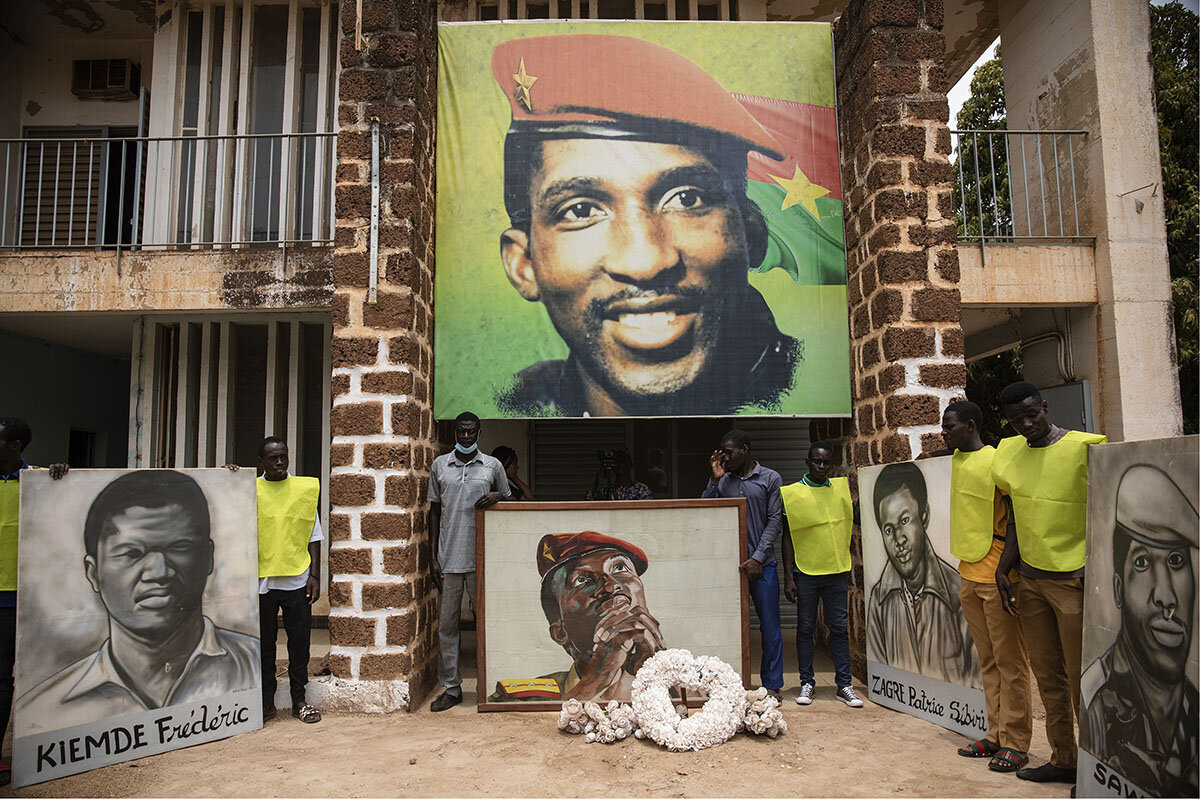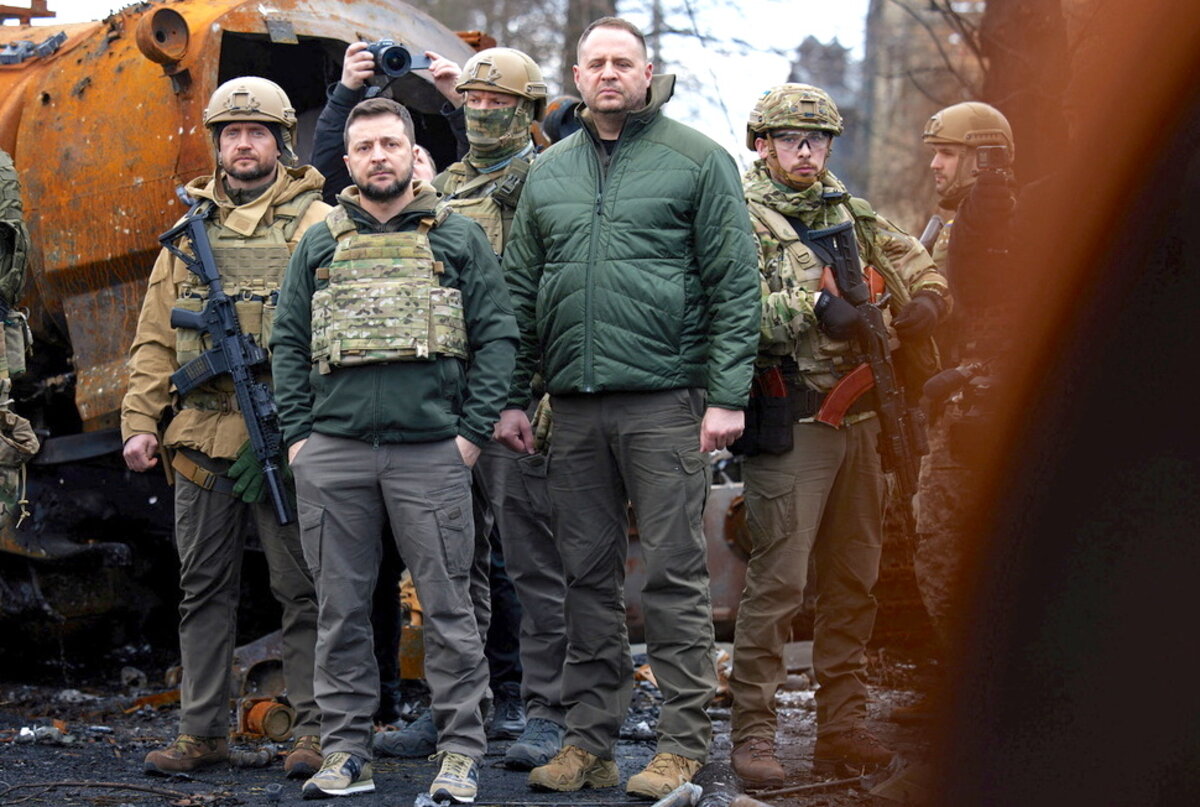Oakland did something remarkable during the pandemic: It closed the digital divide in schools, helping students get online. The success shows what a partnership can achieve.
Monitor Daily Podcast
- Follow us:
- Apple Podcasts
- Spotify
- RSS Feed
- Download
 Mark Sappenfield
Mark Sappenfield
In the days before the Russian invasion of Ukraine, French President Emmanuel Macron had an idea about how to avoid the conflict: Finlandization.
The term refers to how Finland – a nation with an 800-mile border with Russia – survived the Cold War as a democracy. Basically, it agreed to stay neutral and, in practice, allow the Soviet Union significant influence in its politics. It worked, in that Finland emerged from the Cold War as a free nation ready to take dramatic steps toward prosperity. It didn’t work in the sense that Finns don’t look back on the decades of interference, censorship, and corruption with affection.
For the record, neither Finns nor Ukrainians received Mr. Macron’s idea with enthusiasm. The ferocity of Ukrainians’ determination to remain free has inspired the world. Now, it seems, Finland is pondering its own show of defiance.
On Wednesday, Finnish Prime Minister Sanna Marin said a decision would be made “within weeks” on whether to join NATO. Despite dire Russian threats against the move, 68% of Finns support the idea, with only 12% opposing.
“Russia’s invasion of Ukraine has given rise to concern and insecurity among citizens, but also to a will to defend and promote the values of democracy on every level of society, from daily life to politics and national defense,” notes a Finnish government report.
Foreign Policy argues that Finland joining NATO would be Russian President Vladimir Putin’s “worst nightmare – apart from losing Ukraine.” Another sign that those whom Russia most wants to bully are those now finding the greatest resolve.









